I helped expose Harvey Weinstein’s abuse – this is how men like him and Mohamed al-Fayed get away with it
As more horrifying details emerge about Fayed’s predatory behaviour, campaigner Zelda Perkins, who was sexually harassed by Harvey Weinstein, explains how women are routinely silenced in the workplace and the devastating effects it can have on so many victims

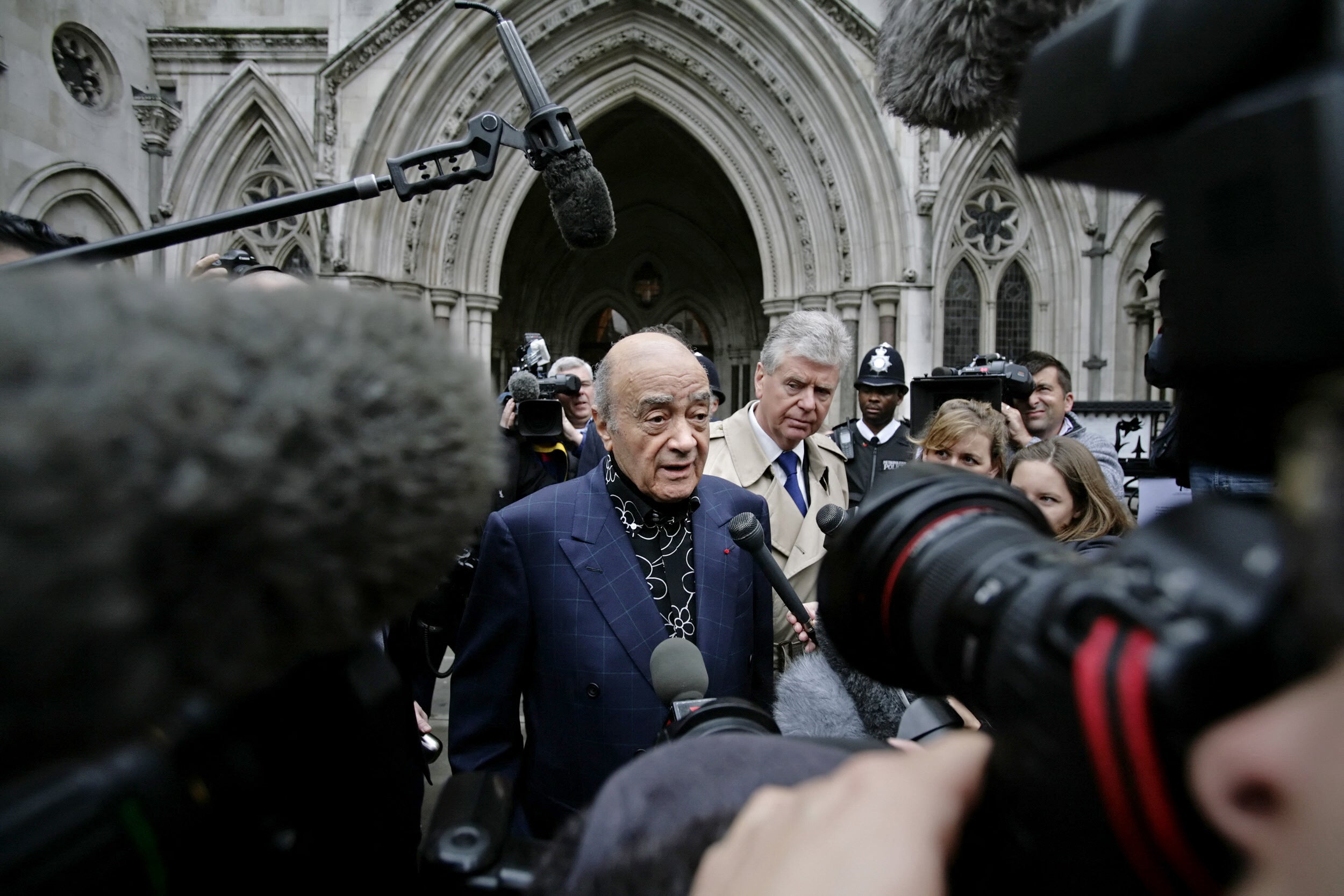
Mention an NDA (non-disclosure agreement) and most people think: money and power. It’s true. But not in the way many believe. The most common arguments I hear against legislative change to stop the misuse of NDAs are either that they’re there to protect people higher up the chain from vexatious claims made by those wanting to extract money or that they protect victims and give them the freedom to move forward.
Both are a complete inversion of the truth.
People, institutions and companies are using their money and power to stop very real stories of abuse from being told – often in lower-income, less secure, areas of employment. Men are affected too, but data shows that almost four times as many women sign NDAs and 93 per cent of those signing one report mental health consequences.
The horrifying details of Mohamed al-Fayed’s abuse, plus his money and connections, mean this has hit the headlines. People ask how corporate cover-ups like this can happen. They happen because cultures of fear thrive in cultures of silence.
I speak to people every day who’ve been victimised at work and told their only choice is to sign an NDA. Whether you’re working a checkout or at executive level, your manager holds your financial purse strings and can abuse that power dynamic.
I was 24 when I signed an NDA after being sexually harassed by Harvey Weinstein and only fully moved on psychologically and emotionally after breaking it 19 years later. The real damage was inflicted on me by being silenced by law. Not being able to tell your story invisibly severs you from connecting to those around you and it impacted me for years.
Now all I can hope is that the women speaking up about Fayed’s abuse will experience the same kind of release.
I began working as Weinstein’s assistant when I was 22 and he sexually harassed me from day one. But it was the Nineties – I thought I just had to put up with it. He was the most powerful man in Hollywood with stars and politicians on speed dial.
But when my assistant Rowena Chiu told me he’d attempted to rape her the second time she met him, I took action immediately.
After confronting him and reporting what had happened, we were quickly told there was no chance of criminal action. Our only route was a damages agreement. Rowena and I were pulled down into a whirlpool of lawyers, negotiations and threats.
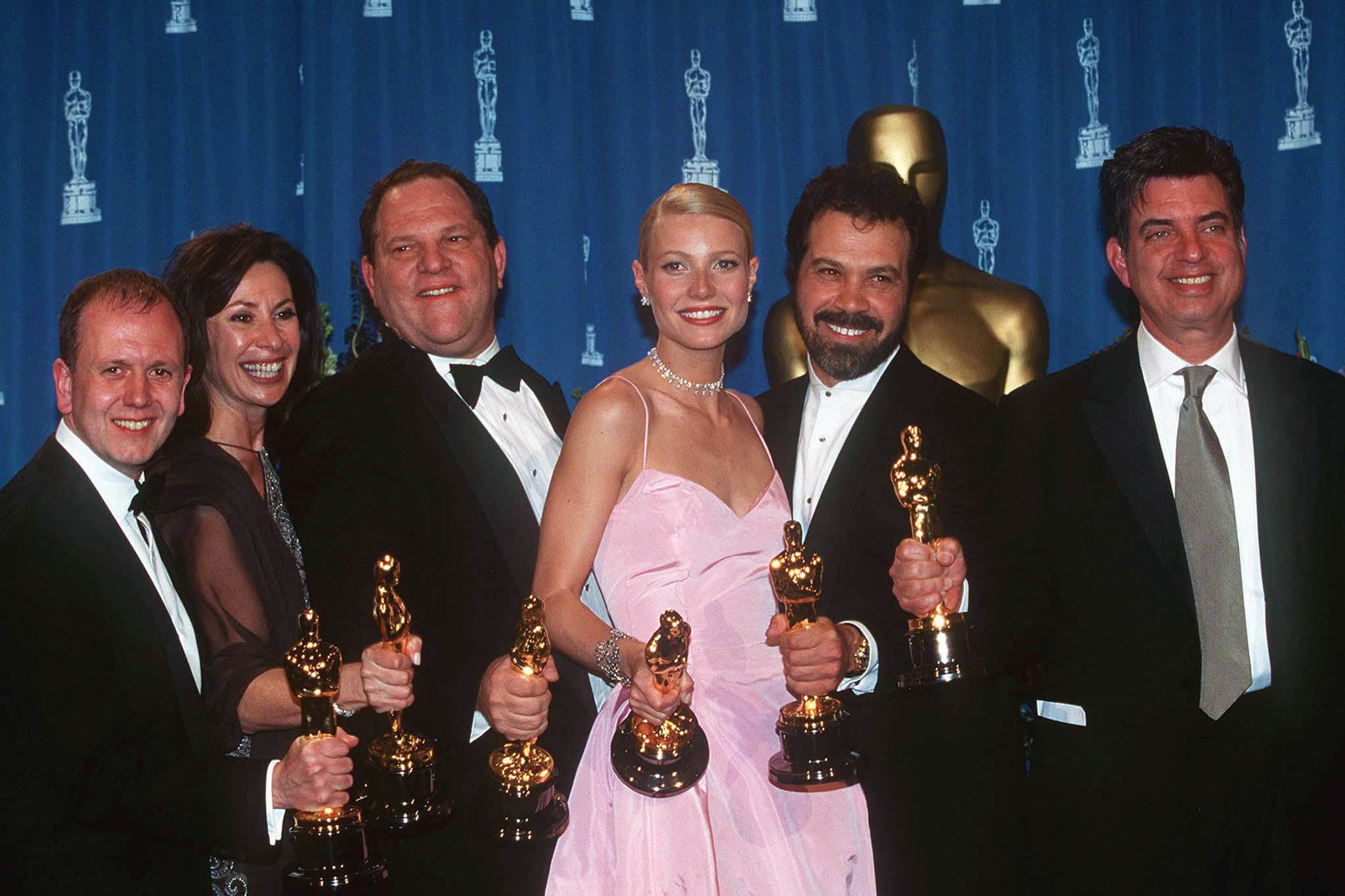
We were two twentysomething women. One of us had experienced a violent sexual assault. And for about a week, we were trapped in a room full of male lawyers being asked who we’d spoken to, about what, and when. We were accompanied to the bathroom, meetings went on for hours, sometimes all night. We were made to feel like criminals and it was stressful, confrontational and traumatic. A legal form of waterboarding essentially.
I wasn’t interested in money. I wanted Weinstein stopped. But we were advised that we had to request a financial settlement to even start negotiations. I insisted any agreement included clauses that would require him to attend therapy and force Miramax to inform its parent company Disney or fire him if further settlements were attempted.
But by the time it was signed, I knew it was a pyrrhic victory. I felt utterly broken. I’d been brought up to believe in the system. I left the process knowing it was meaningless. One man’s perversion did not destroy me. The system did. It had been complicit in enabling a rich and powerful man to buy both the law and justice.
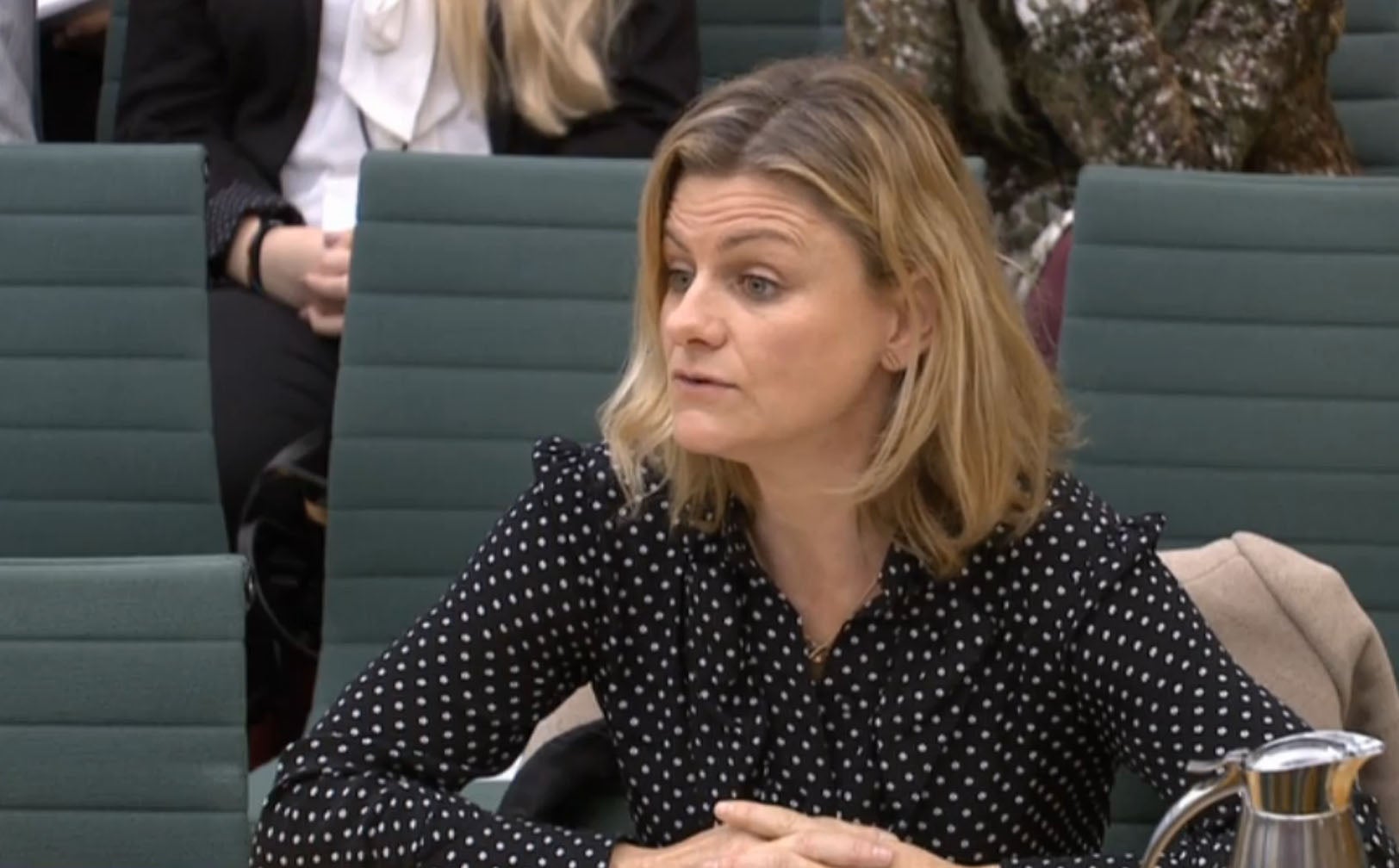
I left the UK as it quickly became apparent finding work in the film industry was impossible and moved to live in Guatemala far away from it all. But still, the NDA haunted me. Every couple of months, I’d get an email from Weinstein’s legal team “checking in” on me. I was constantly looking over my shoulder. Men like this have connections and power. Who knew what they could do?
Most damagingly, I couldn’t be honest with anyone. Friends and family were aghast that I’d left a dream job. I told them something bad had happened but who gives up a job that involves private jets and film stars?
I was in a state of constant paranoia about making a mistake. The “damages agreement’’ was what we now know as an NDA. We were forbidden from talking to a doctor, therapist or the police about what had happened. We couldn’t even tell HMRC or an accountant about why we’d received a £125,000 payment without them also signing an NDA.
Rowena stuck to the letter of the agreement but I was far less able to keep it locked away. Bits and pieces would come out if I’d had a drink for instance and I’d wake up terrified about what I’d said. Relationships were hard because sharing secrets is key to building trust and I couldn’t. I’ve learned since that trauma isn’t about what happens to you, it’s about what happens inside you when your experience isn’t witnessed.
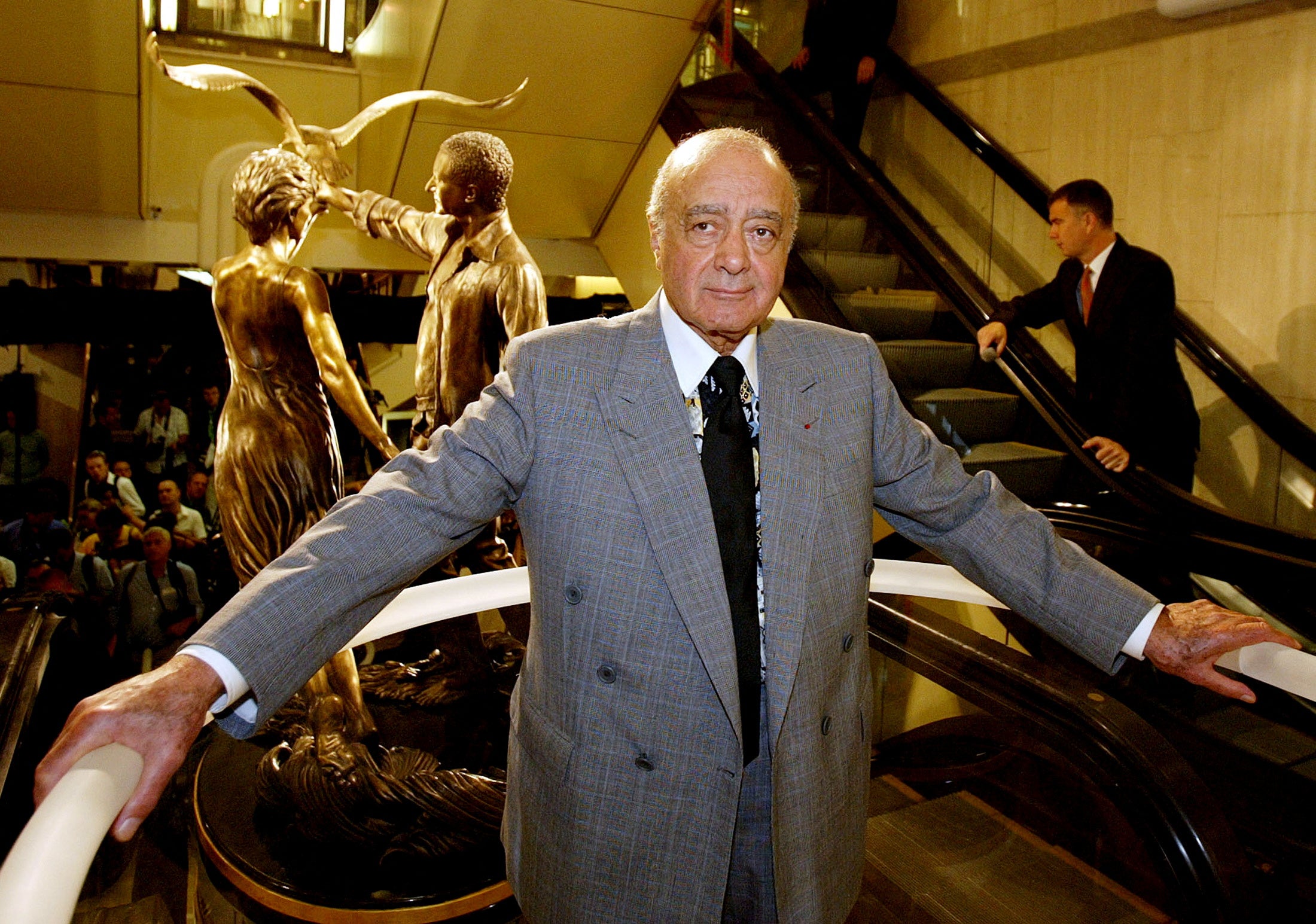
Worst of all, I then entered into an abusive relationship because I believed that’s what I deserved. I feared Weinstein wouldn’t really be stopped whatever the NDA said and it horrified me. I also internalised the entire messaging of the NDA process that I was wrong, stupid, a waste of space. I chose someone who continued that cycle.
I came back to England five years later and got low-level assistant jobs, believing I wasn’t capable of more. When a well-known theatre producer offered me a job as an associate producer in 2013, I actively tried to talk him out of it. He didn’t listen thankfully.
Then in 2017, I was approached by Jodi Kantor who was investigating Weinstein for The New York Times. I was the first woman to break my NDA. Why? Because I felt it was my moral duty. The law is there to protect and although it appeared Weinstein was going to be held to account, I needed the bigger picture of the complicity of the legal system to be exposed.
Very rapidly, I was plunged into media interviews, giving evidence to select committees and commenting on the very delicate legal situation around Weinstein who hadn’t yet been convicted. And yet even in my forties, I still completely doubted I could be taken seriously. Little by little though, being freed from the emotional suspension an NDA creates allowed me to finally grow into myself and move on.
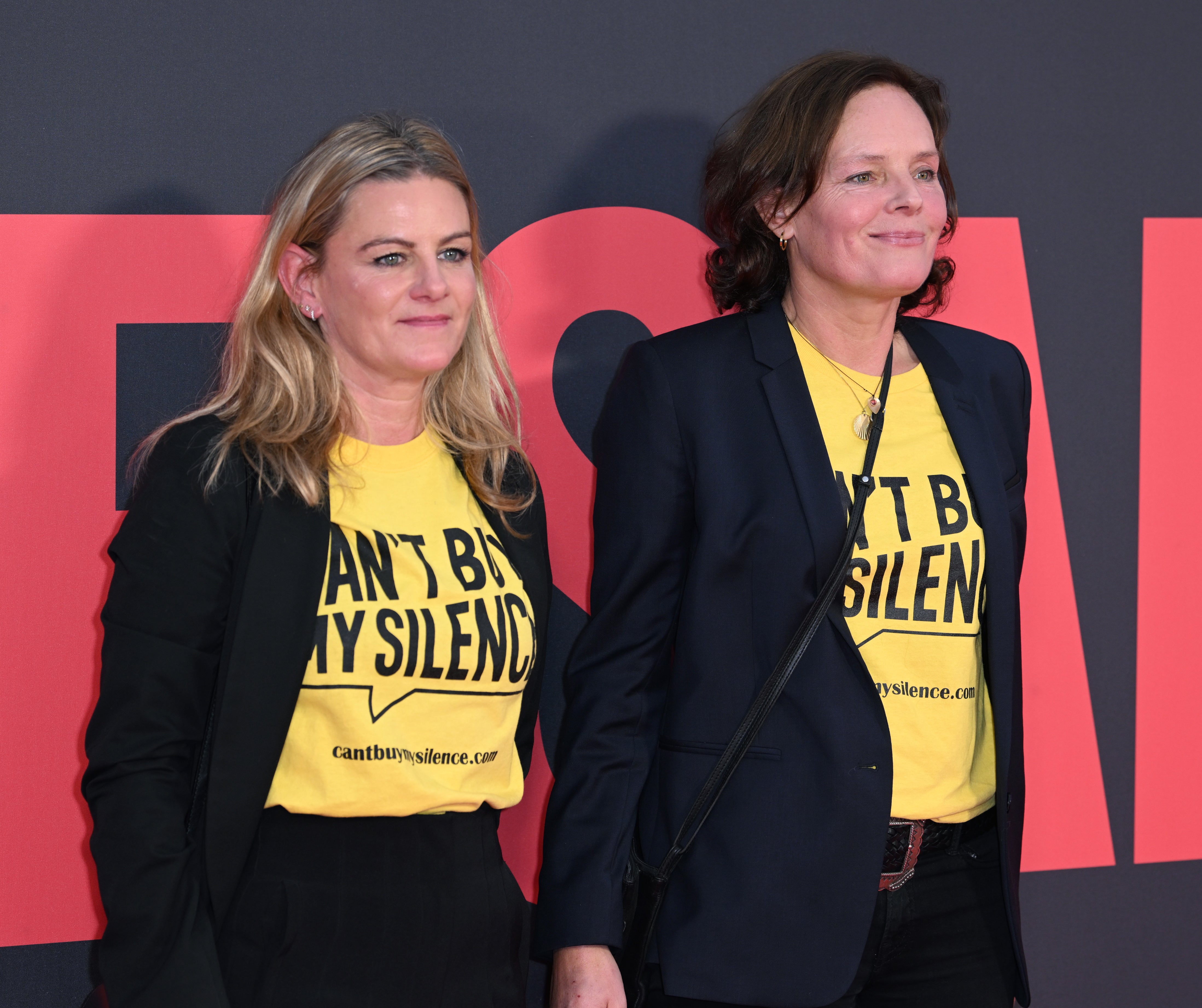
I hope the women now speaking out about Fayed will feel the same. No one would choose to be involved in something so public but you’re so desperate to stop living a half-life that you expose yourself to the threats, trolling and abuse that come with telling your story.
I am hugely fortunate to have been able to turn such a negative experience into something positive as the co-founder of Can’t Buy My Silence, an international campaign to end the misuse of NDAs.
Here in the UK, a simple change in the law would restrict NDAs to their original purpose: to stop confidential business information and trade secrets from being shared.
Because sexual harassment isn’t a trade secret. Racial discrimination isn’t sensitive business information, sacking a pregnant woman because you don’t want to pay maternity leave isn’t an innocent coincidence. It’s abuse.
Yes. Guilty individuals must be exposed.
But it’s also time the business and legal professions are called to account. They aren’t just silencing victims. They’re very actively complicit in inflicting more damage on them.
As told to Megan Lloyd-Davies
Can’t Buy My Silence is an international campaign to end the misuse of NDAs. Find out more about how they are trying to change the law in the UK
Join our commenting forum
Join thought-provoking conversations, follow other Independent readers and see their replies
Comments

Bookmark popover
Removed from bookmarks